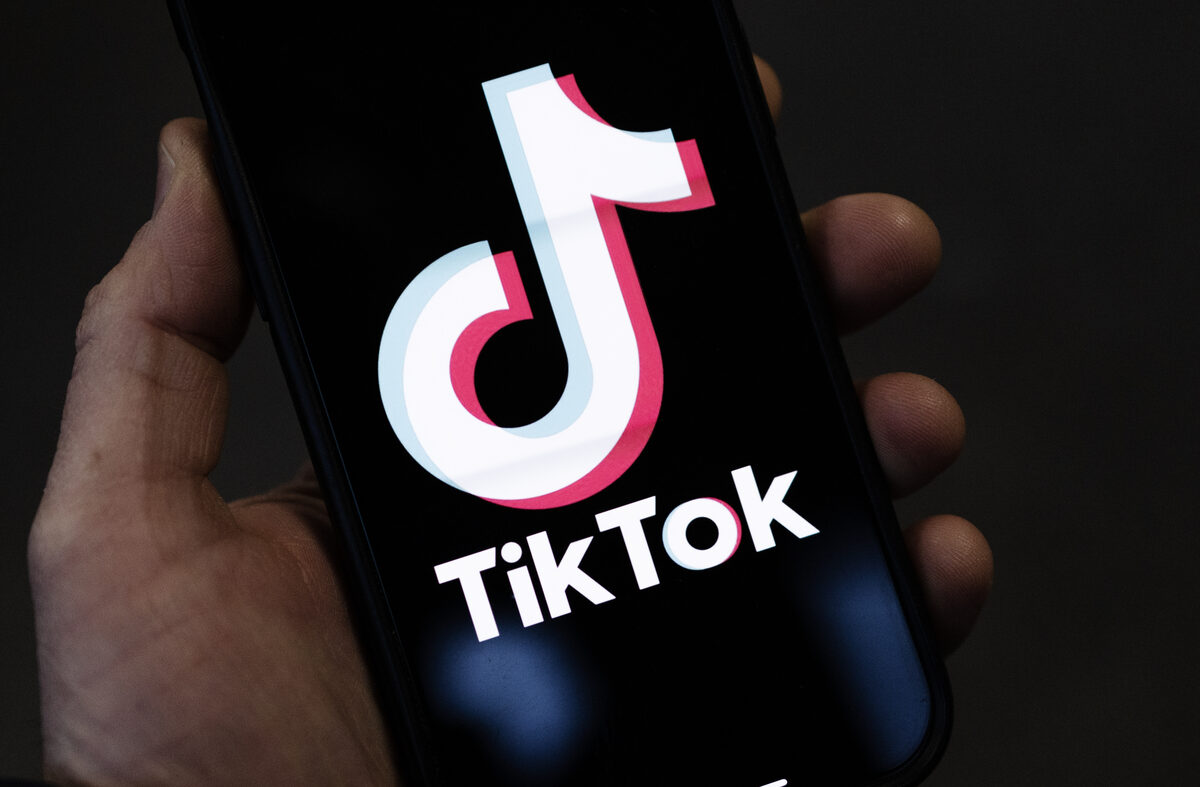The House Energy and Commerce Committee made significant strides on Thursday by advancing a bill aimed at potentially imposing a nationwide ban on TikTok across all electronic devices. This move reignites lawmakers’ scrutiny of one of the globe’s most popular social media platforms while emphasizing lingering apprehensions regarding TikTok’s alleged risk of Chinese government espionage.
The legislation, which garnered unanimous support from the committee, proposes prohibiting TikTok from US app stores unless the social media platform, boasting approximately 170 million American users, swiftly separates from its China-linked parent company, ByteDance.
Should the bill be enacted, ByteDance would have 165 days, or just over five months, to divest TikTok. Failure to comply by the specified deadline would render it illegal for app store operators like Apple and Google to offer TikTok for download. Furthermore, the bill contemplates similar restrictions for other applications “controlled by foreign adversary companies.”
Representative Cathy McMorris Rodgers, the chair of the panel and a Republican from Washington, asserted, “Today, we will take the first step in creating long-overdue laws to protect Americans from the threat posed by apps controlled by our adversaries, and to send a very strong message that the US will always stand up for our values and freedom.”
New Jersey Representative Frank Pallone, the ranking Democrat on the committee, likened the bill to past endeavors aimed at regulating US airwaves. He underscored insights from national security officials obtained during a closed-door hearing earlier that day, expressing serious consideration for the concerns raised by the intelligence community.
Introduced earlier in the week with bipartisan backing by Representative Mike Gallagher, a Republican from Wisconsin, and Representative Raja Krishnamoorthi, a Democrat from Illinois, the legislation has also garnered support from the White House and House Speaker Mike Johnson.
Following its clearance by the committee, the TikTok legislation is slated for a floor vote next week, as indicated by House Majority Leader Steve Scalise. However, its prospects in the Senate remain uncertain, with no companion bill and Senate Commerce Committee Chair Maria Cantwell of Washington offering no firm commitment to advancing the proposal.
TikTok, in response, is mounting opposition efforts, including mobilizing its user base. The company has issued full-screen pop-ups within the app, cautioning users about the bill’s potential implications on their constitutional right to free expression. The notification urges users to contact their congressional representatives to oppose the bill, leading to a surge in phone calls to House offices, according to multiple congressional staffers.
Despite criticisms labeling the bill as a TikTok ban, Representative Mike Gallagher rebuffed such characterizations, emphasizing that the bill places the onus on TikTok to sever ties with the Chinese Communist Party. He clarified that TikTok could continue to operate provided ByteDance no longer owns the company.
In response to lawmaker claims regarding the bill’s options for TikTok, the company asserted that the legislation ultimately aims for a complete ban of TikTok in the United States.
During Thursday’s session, Representative Dan Crenshaw of Texas dismissed suggestions that lawmakers lacked understanding of the technology they sought to regulate, underscoring his familiarity with social media platforms.
Beyond potentially barring TikTok from app stores, the bill could also limit TikTok traffic or content from being carried by various internet hosting services, extending its impact beyond TikTok, Apple, and Google.
The bill’s proponents cite long-standing concerns regarding China’s intelligence laws, which raise apprehensions about Beijing potentially accessing TikTok user data. While the US government has not publicly presented evidence of such access, cybersecurity experts highlight it as a hypothetical but significant concern.
Efforts to regulate TikTok have faced obstacles, including legal challenges and concerns regarding constitutional rights. The bill’s sponsors assert that it targets foreign adversary control rather than speech content. However, critics, including the American Civil Liberties Union and the Computer and Communications Industry Association, argue that the bill jeopardizes Americans’ free speech rights and infringes upon the rights of private businesses.


